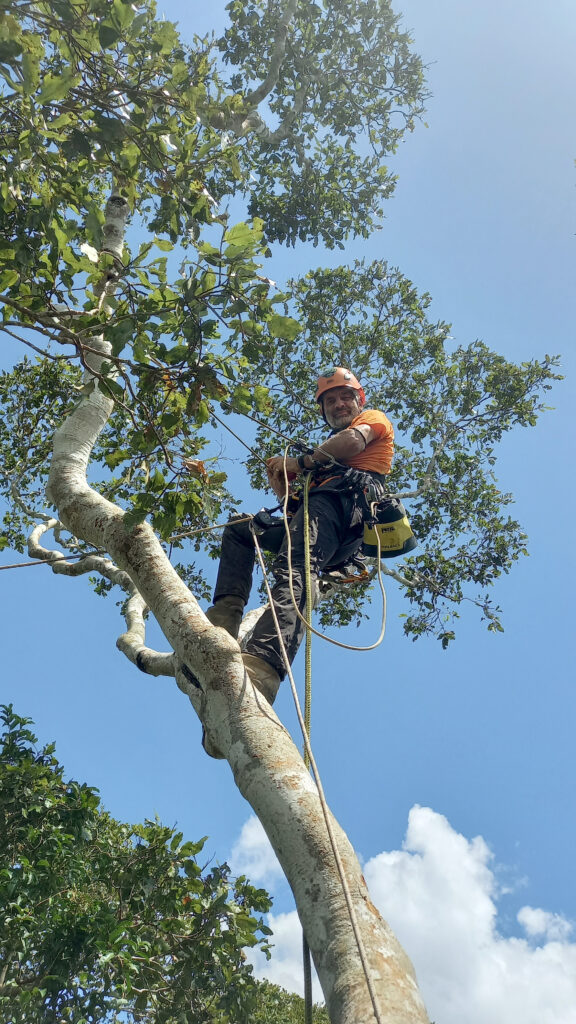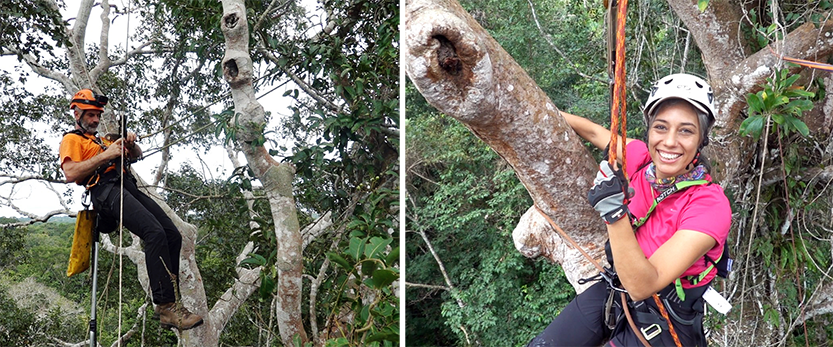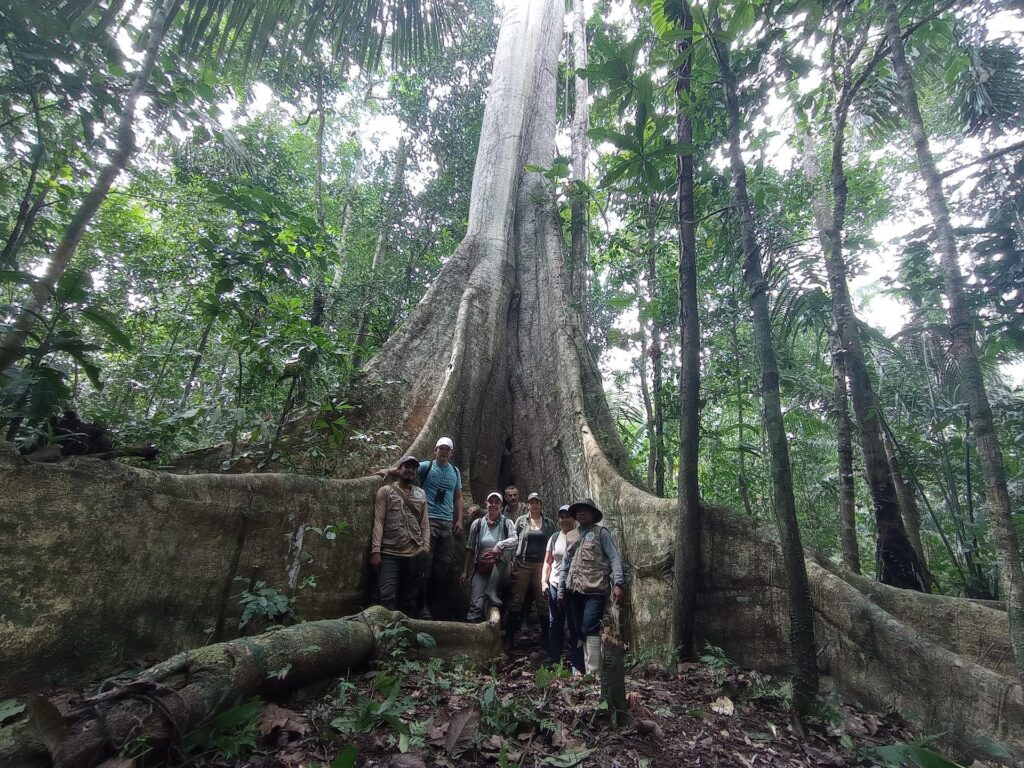This year, ARBIO Perú and Giant Trees Foundation (GTF) join forces to start an international great trees conservation project. Both organizations, non-profit and with a common goal, will carry out the project funded by the Regione Autonoma Friuli Venezia – Giulia in the conservation concession that ARBIO administers in the Las Piedras river basin, Madre de Dios.
International Great Tree Conservation Project
The project has a starting duration of 3 years, and is possible thanks to the contribution of the Friuli Venezia – Giulia Autonomous Region, who supports macro and micro projects of international collaboration with LR 19/2000. In this case, GTF collaborates directly with two local associations: ARBIO Perú, and Amazon Shelter.
Both organizations share the purpose of conserving and recovering Amazon forests and wildlife in the Madre de Dios region.

ARBIO Perú and Giant Trees Foundation in the Amazon
Andrea Maroé, founder of Giant Trees Foundation, visited the Madre de Dios region in 2023 in a trip that brought him to Southamerica to climb the tallest trees in the Amazon. Together with Tatiana Espinosa, CEO of ARBIO, they managed to climb an enormous, 54m tall Shihuahuaco. The Shihuahuaco is an emergent tree of slow growth, whose unmeasured exploitation has put it at risk.

The tree they climbed is called the Tayta (Quechua word meaning ‘father’), not only because it’s gigantic, but because it’s also incredibly old. The scientific investigation into the Dipteryx species (T.Espinosa, D.Valle, 2019) has determined that this tree takes 320 years to grow a trunk of 51cm in diameter in a natural forest. Because of this, the project is focused on delving deeper into the investigation of this species from its heights.

Objectives of the project
To acomplish this objective, the project has among its activities the construction of a study center in the forest for the conservation of biodiversity and the professional training of local park rangers and ecotourism guides. With this, the training of the local people (particularly women) to create working opportunities is fostered, as well as diminishing the extraction activities and/or the flow towards the cities. The study and understanding of the forest is also promoted, as a way to combat deforestation and bettering the social conditions.
